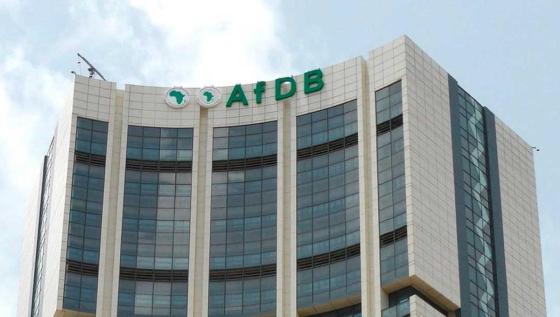African Development Bank Identifies Challenges to Liberia's Growth

.... “This has limited their potential positive effect on the broader economy, and hence, more general job creation, which is central to poverty reduction,” the report says.
A new report by the African Development Bank (AfDB) has identified a number of key challenges to growth in Liberia.
The report, which was published on June 14, found that Liberia's growth is significantly dependent on its external sector, in particular, on export growth, and sustained inflows of outward direct investment (ODI) and foreign direct investment (FDI).
The report also found that Liberia's growth is vulnerable to external shocks, including shocks related to global commodity prices, external capital inflows, and the pandemic effect from a macro perspective. This adversely affected its macroeconomic balances and could be a risk factor to private-sector economic agents.
In addition, economic agents in Liberia have also encountered micro-level risks/challenges that adversely affect their private appropriability, and hence, constrained national growth. The major micro-level challenges (risk factors) identified include ease of access to land, ease of access to finance at a reasonable cost, and challenges of control of corruption,
Others are the challenge of low productivity and low employment creation by the majority of firms in Liberia which are very small in size, and generally, not formalized, as well as an enclave nature of the production activity of big firms engaged in mineral and exporting sectors.
“This has limited their potential positive effect on the broader economy, and hence, more general job creation, which is central to poverty reduction,” the report says.
It added that “the study has also examined if a high cost of finance might have led to low appropriability for private sector agents and acted as a binding constraint for growth. As a result, a number of major problems that are related to the high cost of finance are identified that need an appropriate policy to address them.”
The study also examined public appropriability: the centrality of inclusive politics and growth for growth and its sustainability and advanced some applicable policy directions.
The report's findings are a valuable contribution to the ongoing debate on how to promote growth and development in Liberia. The report's recommendations provide a roadmap for the government and its development partners to follow in order to address the key challenges to growth and achieve sustainable and inclusive development.
The report makes a number of recommendations to the government of Liberia and its development partners. These recommendations include: investing in human capital development, particularly in education and skills training; improving the business environment, and including by reducing the cost of doing business.
Others are improving access to land and finance, and reducing corruption; diversifying the economy away from its dependence on natural resources; investing in infrastructure, including roads, electricity, and water; promoting regional integration; and strengthening governance and institutions.
The report's recommendations are ambitious, but they are essential if Liberia is to achieve sustainable and inclusive growth. The government and its development partners must work together to implement these recommendations if Liberia is to realize its full potential.

